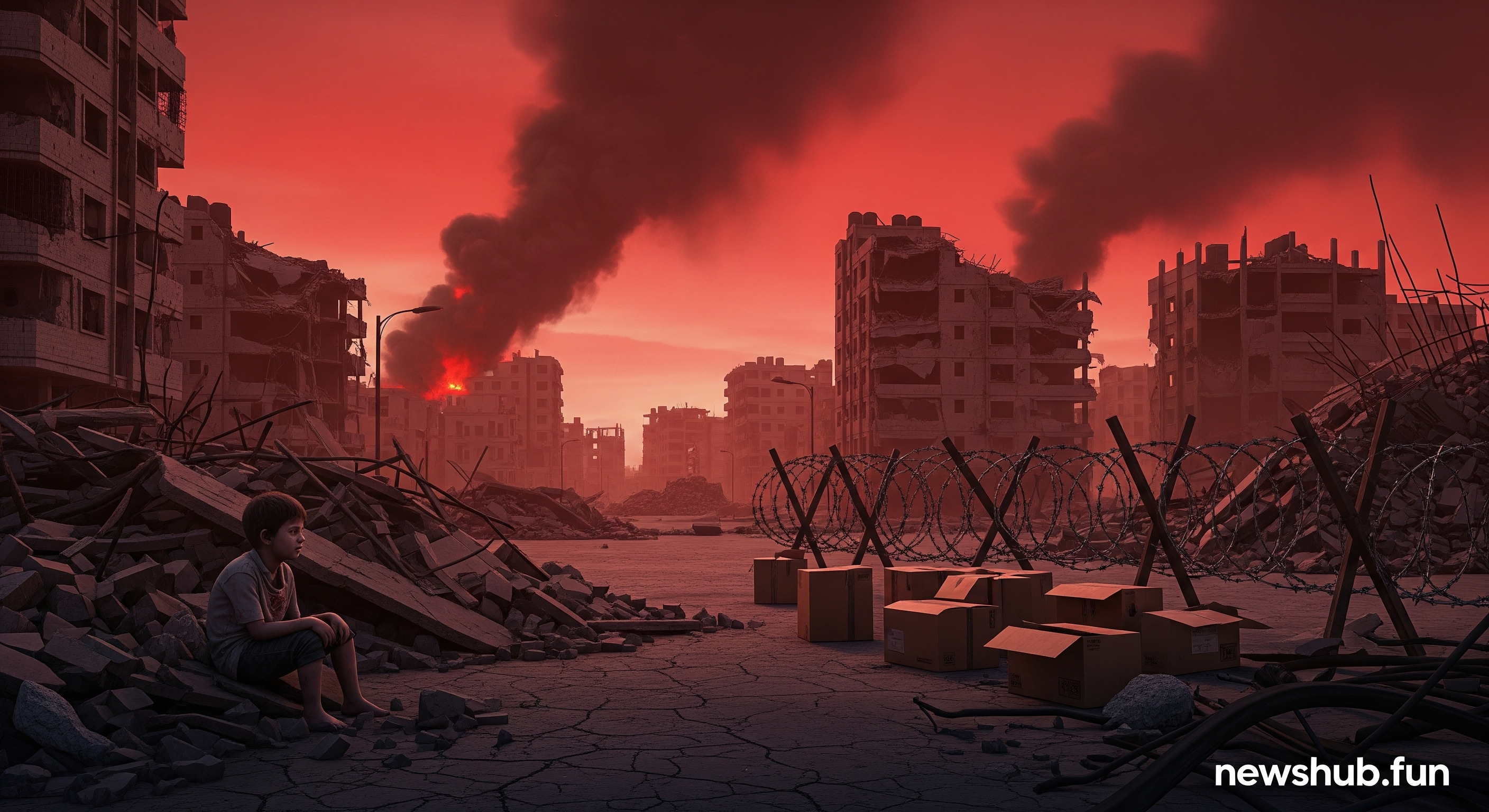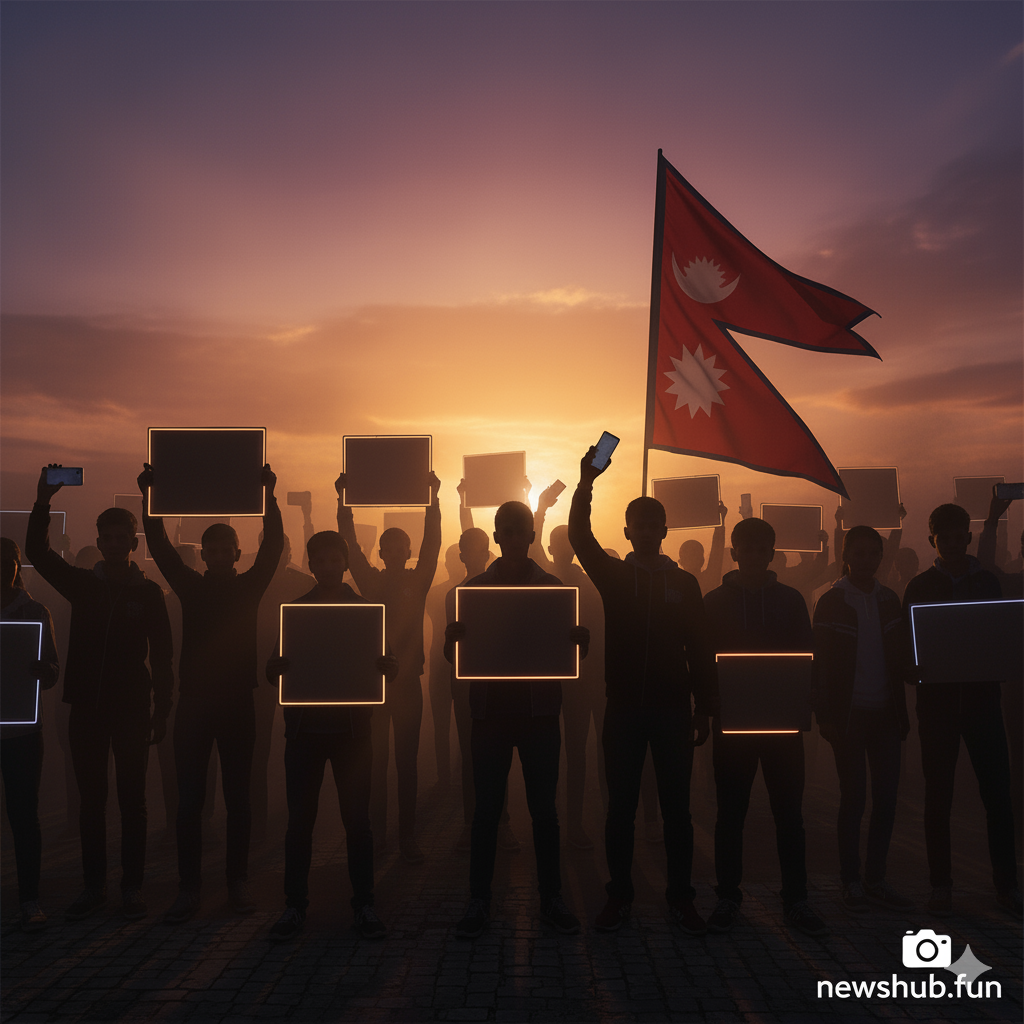Introduction
The people of Gaza have endured decades of conflict, blockade, and systemic oppression. In recent years, this suffering has escalated into what many human rights organizations and observers describe as a genocide — a deliberate campaign of mass killing, forced displacement, and deprivation targeting the Palestinian population.
Historical Background
Gaza, a narrow coastal strip, has been under blockade since 2007. Controlled borders, restricted imports, and frequent military assaults have created one of the most densely populated and impoverished areas in the world. The roots of the crisis lie in the broader Israeli–Palestinian conflict, marked by land dispossession, occupation, and repeated wars that have devastated civilian life.
The Current Crisis
In the latest wave of violence, relentless airstrikes and ground offensives have targeted residential neighborhoods, refugee camps, and public infrastructure. Reports from humanitarian agencies indicate thousands of civilian deaths, including a high percentage of women and children. Homes, schools, hospitals, and water facilities have been destroyed, creating a humanitarian emergency.
Key indicators of genocide include:
-
Mass killings of civilians with no safe refuge.
-
Siege tactics that cut off food, water, fuel, and medical supplies.
-
Forced displacement of entire communities from ancestral homes.
-
Dehumanizing rhetoric that normalizes or justifies the targeting of Palestinians.
Humanitarian Impact
The humanitarian toll is staggering. Families are living in overcrowded shelters or exposed to the elements. Medical systems have collapsed, with doctors forced to operate without anesthesia. Clean water is scarce, malnutrition is rising, and infectious diseases are spreading in makeshift camps.
International aid groups face severe restrictions, often denied access to deliver life-saving assistance. The destruction of Gaza’s only functioning power plant has plunged the territory into darkness, compounding the suffering.
International Reaction
The international community remains deeply divided. Some governments have called for immediate ceasefires and independent investigations into war crimes. Others provide political or military support to Israel, framing the conflict solely in terms of security concerns.
Public opinion, however, is shifting. Global protests, grassroots movements, and digital campaigns are raising awareness and demanding accountability. The calls for sanctions, arms embargoes, and recognition of Palestinian rights are growing louder.
The Legal and Moral Question
The term genocide is not used lightly; under international law, it requires proof of intent to destroy a national, ethnic, racial, or religious group, in whole or in part. Many legal scholars argue that the ongoing actions in Gaza meet this threshold. The International Criminal Court (ICC) and United Nations have both received formal complaints and reports detailing the alleged crimes.
Conclusion
The unfolding tragedy in Gaza is not simply a regional conflict — it is a moral crisis for the world. The choices made by global leaders, international institutions, and civil society will determine whether this becomes another unpunished atrocity in history or a turning point toward justice, accountability, and the protection of human life.
.jpg)

.jpg)

0 Comments
No comments yet. Be the first to share your thoughts!
Leave a Reply